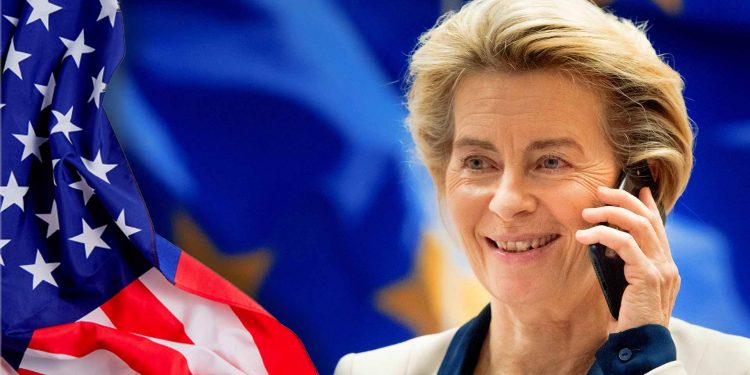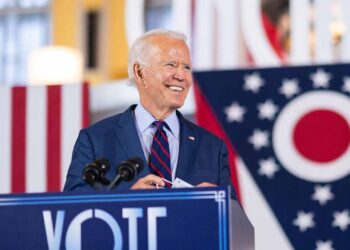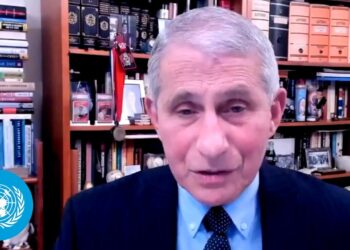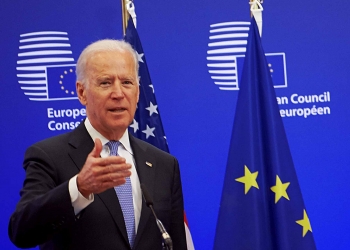Signalling a fresh start for EU-U.S. relations, European Commission President Ursula von der Leyen and U.S. President Joe Biden agreed to suspend all retaliatory tariffs imposed in the Airbus and Boeing disputes for a four-month period, and committed to solving these long-running issues. Their phone call also covered other mutual challenges, including the pandemic, climate protection, setting up a Trade and Technology Council, and global support for democracy.
The EU and U.S. agreed to suspend all retaliatory tariffs on EU and U.S. exports imposed in the Airbus and Boeing disputes for a four-month period. The suspension allows both sides to focus on resolving this long-running dispute. It provides an important boost to EU exporters, since the U.S. had been authorised to raise tariffs on $7.5 billion of EU exports to the U.S. Similarly, EU tariffs will be suspended on some $4 billion worth of U.S. exports into the EU.
This is a significant step forward with retaliatory tariffs
European Commission Executive Vice-President and Trade Commissioner Valdis Dombrovskis said: “This is a significant step forward. It marks a reset in our relationship with our biggest and economically most important partner. Removing these tariffs is a win-win for both sides, at a time when the pandemic is hurting our workers and our economies. This suspension will help restore confidence and trust, and therefore give us the space to come to a comprehensive and long-lasting negotiated solution. A positive EU-U.S. trade relationship is important not only to the two sides but to global trade at large.”
These tariffs will now be suspended on both sides for a four-month period, as soon as internal procedures on both sides are completed.
President von der Leyen on the phone with President Biden
I was glad to speak to President Biden this afternoon – the first of many exchanges and the start of a good personal partnership. As a symbol of this fresh start, President Biden and I agreed to suspend all our tariffs imposed in the context of the Airbus-Boeing disputes, both on aircraft and non-aircraft products, for an initial period of 4 months.
We both committed to focus on resolving our aircraft disputes, based on the work our respective trade representatives. This is excellent news for businesses and industries on both sides of the Atlantic, and a very positive signal for our economic cooperation in the years to come.
President Biden and I also discussed the many challenges we share as allies
First, the COVID-19 pandemic and vaccines. The EU and the US are both major producers of vaccines and we have a strong interest in working together, for the good functioning of global supply chains.
To better prepare the world to face future pandemics and improve health security worldwide, I invited President Biden to the Global Health Summit in Rome on 21 May.
We then discussed our cooperation on climate action and our joint responsibility to protect the planet. I warmly thanked President Biden for re-joining the Paris Agreement. We agreed to engage on the issue ahead of COP26 in Glasgow this year. In that context, I will be happy to greet John Kerry to the next College meeting. I thanked President Biden for the invitation to attend the Earth Day Climate Summit that he is convening.
Then, we discussed the future of our economic relationship. I proposed a new partnership rooted in our shared values and principles.
I also proposed to set up a ministerial-level Trade and Technology Council to address innovation challenges. I see this as the key forum to build our transatlantic technology alliance.
On foreign policy, we agreed to step up our cooperation as like-minded partners and support democracy, stability and prosperity against the backdrop of a fast-changing international environment. We will do so in close cooperation with NATO.
We share a strategic outlook on Russia. I suggested that we closely coordinate our policies and measures with respect to Eastern Europe, in particular. We shared our views on the situation in Ukraine.














